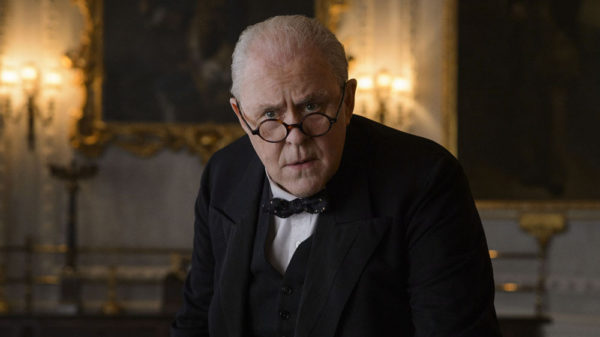Winston Churchill is a difficult individual to get to grips with.
On the one hand, he’s revered for having steered Britain through World War Two, oft credited with having held a key role in the eventual victory of the Allies. Indeed, it’s because of these achievements that he’s typically considered one of Britain’s greatest politicians, if not also her greatest Prime Minister. His image has become iconic in its own right, from the cigar to the victory hand sign, and he’s even on the £5 note now.
But, by the same token, there was a dark side to Winston Churchill. Even the most limited of research reveals that he was the embodiment of all the worst colonial instincts of the British empire, with many of his quotes coming across as exceptionally racist from a modern perspective.
Before the war began, he was a struggling MP who was on the verge of fading out of relevancy in part because his views were so out of step with the rest of parliament and even his own party; his opposition to the Nazis was arguably more due to the threat they posed to the British Empire, rather than any particular disagreement with their ideology.
Churchill is, in essence, a riddle wrapped up in an enigma, obscured further by both cigar smoke and the weight of his own legend – meaning there’s a lot of pressure on a series like The Crown in terms of their depiction of him.
As is characteristic of The Crown, though, it elects for a hagiography. True, Churchill is depicted as an anachronistic throwback of an earlier time, grappling with his increasing irrelevancy and the realisation he needs to take a step back from the role that has come to define him.
In many ways, it’s an excellent episode; it’s got some of The Crown’s most subtle and intelligent writing of the series, and surely John Lithgow’s best performance as Churchill yet. And yet there’s something about it that still feels quite reductive, because The Crown again refuses to engage with anything other than a wholly positive depiction of its characters – there’s no room for subtlety, as ever.
Indeed, it’s a lack of subtlety that at times betrays a lack of understanding in the characters themselves. The moment that stood out most was Churchill kissing Elizabeth on the forehead – surely the most condescending act of the series, but also one totally against his respect for the monarchy?
It’s difficult to see just what this is meant to reveal about either character, but if one understands Churchill’s arc across the The Crown to be learning to respect the new Queen, and Elizabeth’s to be learning to assert herself and own her authority – well, in that case, this moment does both characters a disservice.
A word, incidentally, on Elizabeth – which is more than this episode is inclined to spend on her, really. Ostensibly the star of the show, but rarely given the opportunity to actually be the star, ‘Assassins’ focuses on Elizabeth’s love life; all the interesting character work is devoted to Churchill.
Ultimately, it’s a real shame that a series with a female lead has to lean on the male characters as a crutch to such an extent – with ten hours to fill, The Crown should have been able to cover so much more ground than it has.
![]()
All 10 episodes are available to watch on Netflix now.
Follow Alex Moreland on Twitter here.
Visit Alex Moreland’s website here.
What do you think of the episode? Let us know below…

